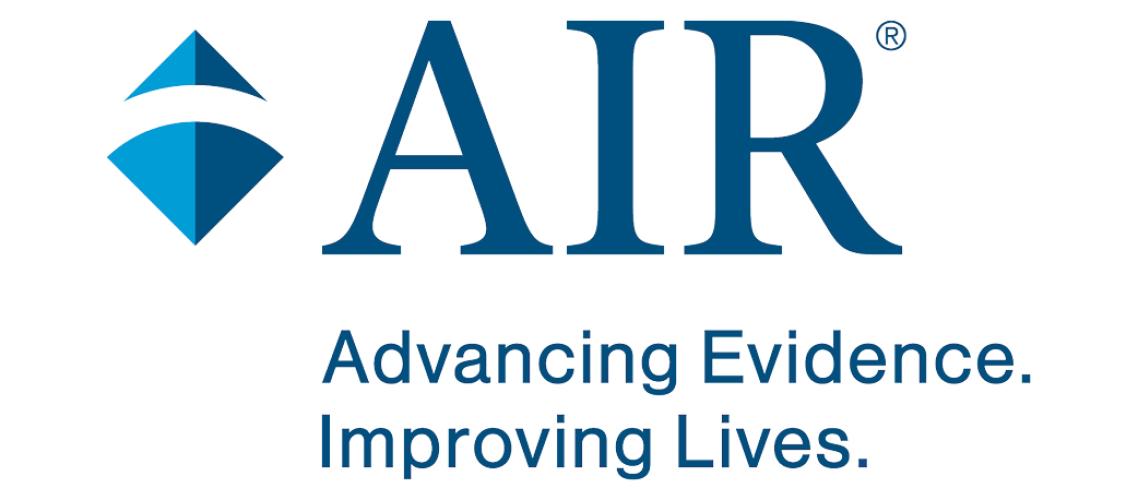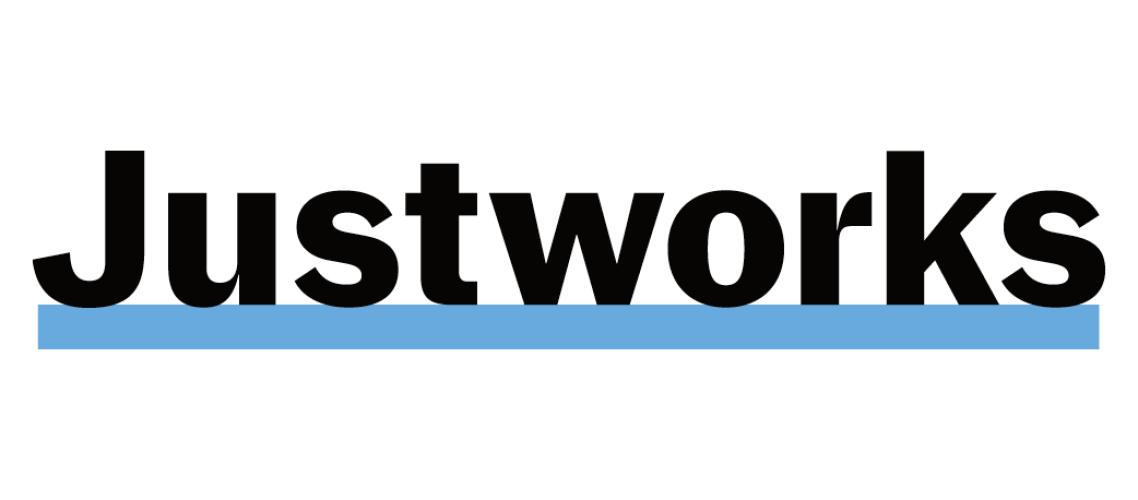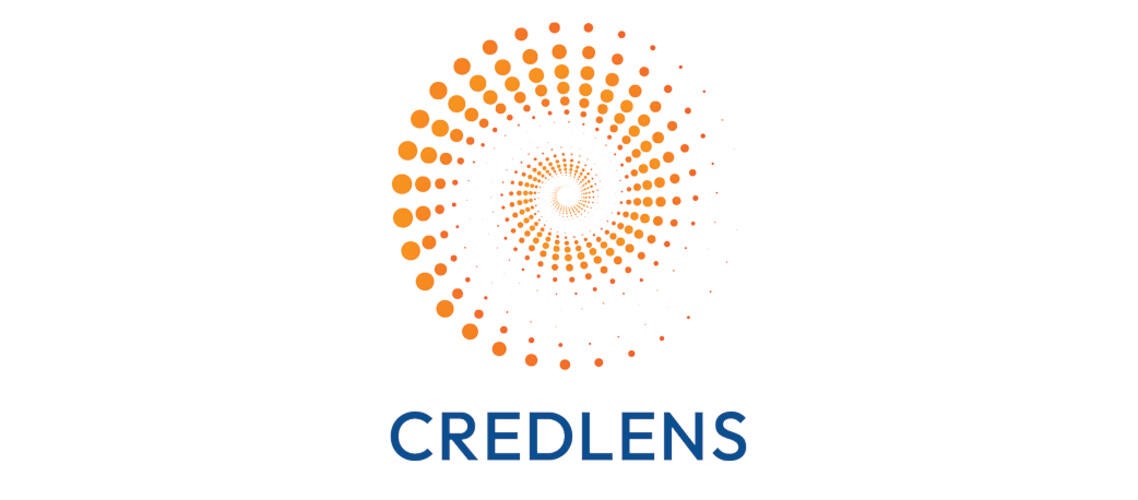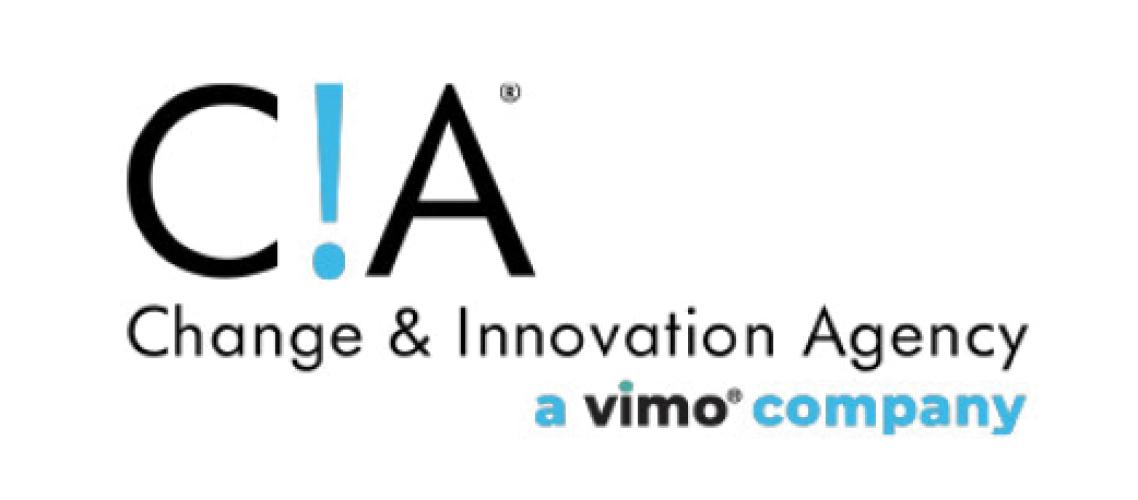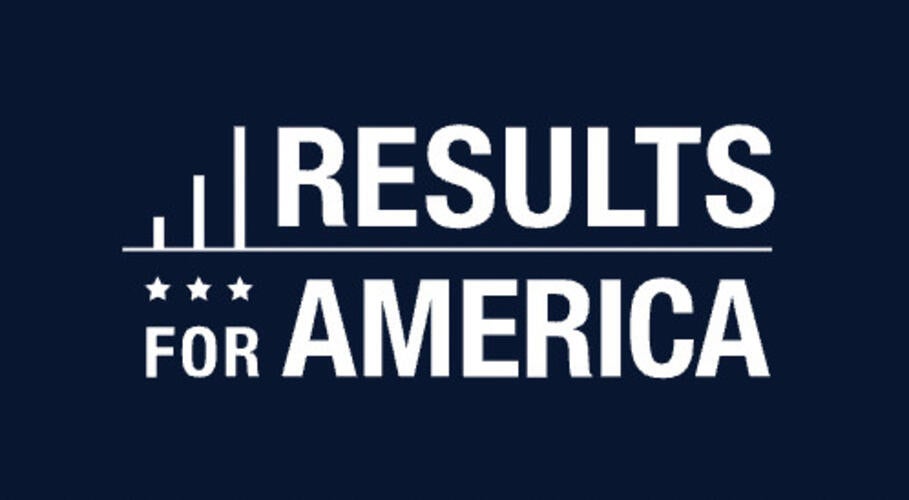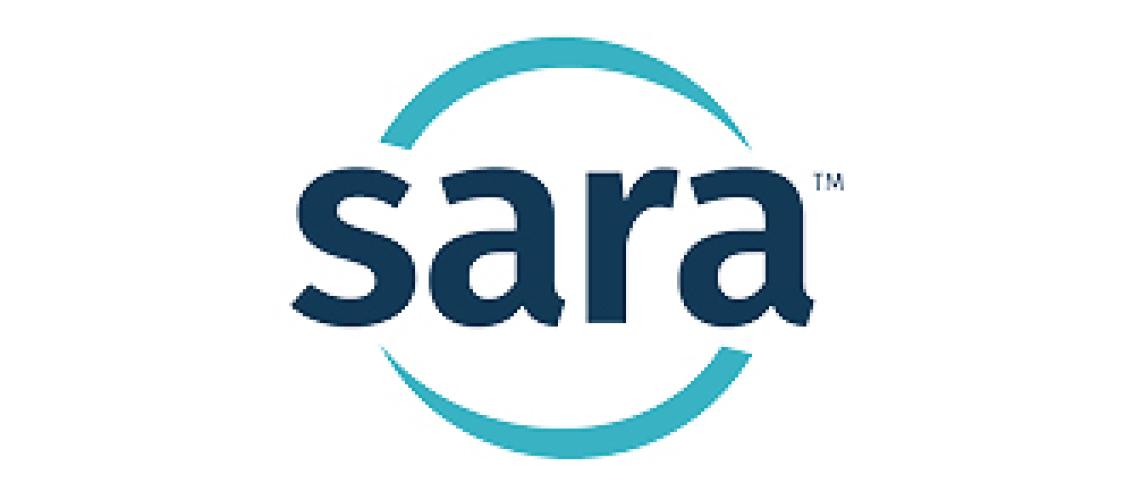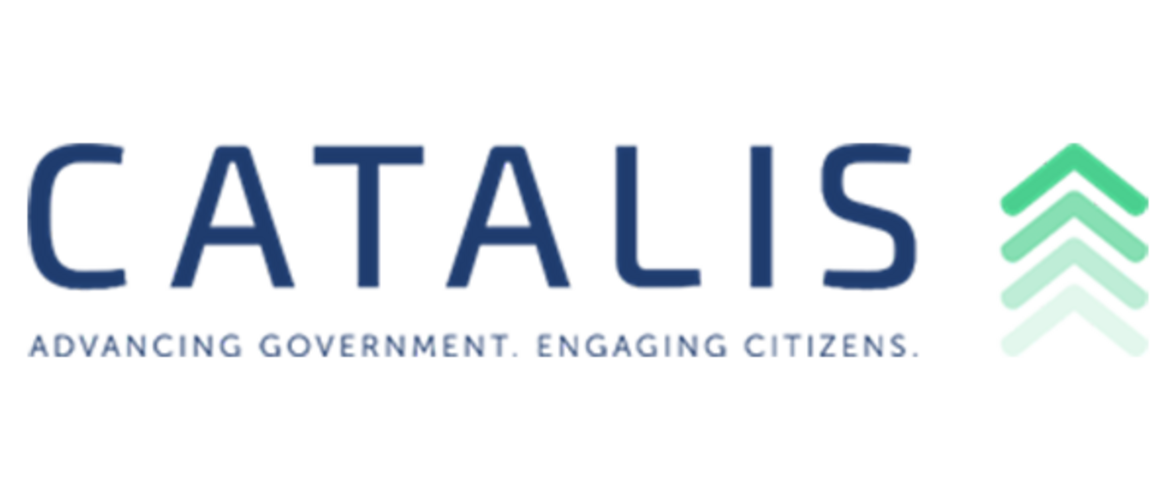Letter of Items to include in Next Stimulus Legislation
The Honorable Nancy Pelosi
Speaker
U.S. House of Representatives
Washington, DC 20515
The Honorable Charles E. Schumer
Majority Leader
United States Senate
Washington, DC 20510
The Honorable Kevin McCarthy
Minority Leader
U.S. House of Representatives
Washington, DC 20515
The Honorable Mitch McConnell
Minority Leader
United States Senate
Washington, DC 20510
The Honorable Richard Neal
Chairman
Committee on Ways and Means
U.S. House of Representatives
Washington, DC 20515
The Honorable Ron Wyden
Chairman
Finance Committee
United States Senate
Washington, DC 20510
The Honorable Kevin Brady
Ranking Member
Committee on Ways and Means
U.S. House of Representatives
Washington, DC 20515
The Honorable Mike Crapo
Ranking Member
Finance Committee
United States Senate
Washington, DC 20510
Dear Speaker Pelosi, Majority Leader Schumer, Minority Leaders McConnell and McCarthy, Chairman Neal and Ranking Member Brady, and Chairman Wyden and Ranking Member Crapo:
We are writing on behalf of the National Association of State Workforce Agencies (NASWA) to urge action as soon as possible with the next stimulus legislation. Our members are on the frontlines, administering the nations’ unemployment insurance (UI) programs. Our membership, workforce agencies in all states, the District of Columbia, and U.S. territories, agree on the following:
- Given that employers are not at fault for shut-downs and lay-offs caused by COVID-19, a federal transfer of funds should be distributed to state UI trust funds to avoid dramatic increases in unemployment insurance taxes. In addition, the current waiver of interest payments and the accrual of interest on federal advances to UI trust funds should be extended through 2021.
- The continued pandemic brings with it a need for UI administrative funding beyond what was provided in the Families First Coronavirus Response Act in March of 2020. Additional funding should be flexible so that resources can be used where needed most in each state for purposes such as hiring additional staff, improving information technology, fighting fraud or supporting criminal state prosecutions.
- The temporary Extended Benefits full federal financing provided in Section 4105 of the Families First Coronavirus Act should be extended through 2021. Without 100% federal financing, states will need to fund required Extended Benefits at a 50% rate during a time of declining trust fund balances and elevated claims due to the national pandemic.
- Federal financing of Short-Time Compensation payments as authorized in Sections 2108 and 2109 of the Coronavirus Aid, Relief, and Economic Security (CARES) Act should continue through 2021. An alternative to lay-offs, Short-Term Compensation allows employers to reduce hours of work for employees while the employee collects a percentage of unemployment insurance benefits. Many states consider this program to be an essential part of their economic recovery plans.
- The 50% federal funding for governmental entities and nonprofit organization benefits, as provided in Section 2103 of the CARES Act, should continue through this year and should be increased to 100%. Nonprofits that are self-insured for unemployment insurance continue to need this assistance. Without federal support, many non-profit organizations will not be able to make UI payments which will result in additional pressure on state trust funds.
- Full federal funding for the first week of compensable regular unemployment for states that waived or have no waiting week should be reinstated as initially provided in Section 2105 of the CARES Act. This federal funding provides support for state UI Trust Funds as initial claims remain at historic levels.
- An extension of Section 2106 of the CARES ACT authorizing state staffing flexibility is critical for the continued operation of UI programs. Most states have relied on non-merit staffing for hiring temporary staff or rehiring retirees or former employees on a non-completive basis in order to process the elevated number of claims. Given the continuing increased claim load, it is requested that maximum flexibility for staffing be extended through 2021.
Sincerely,
Fitzgerald Washington
NASWA Board Chair
Secretary,
Alabama Department of Labor
Scott B. Sanders
NASWA President and CEO


